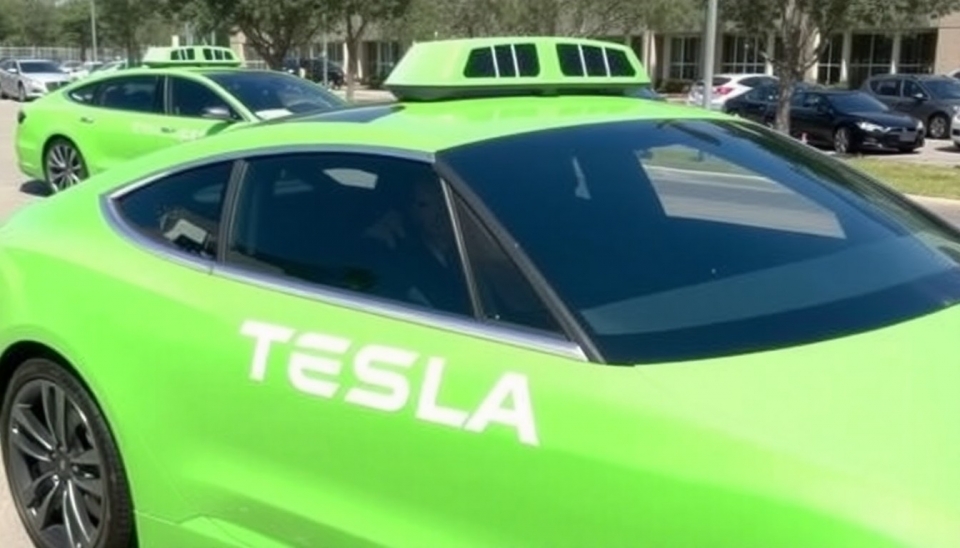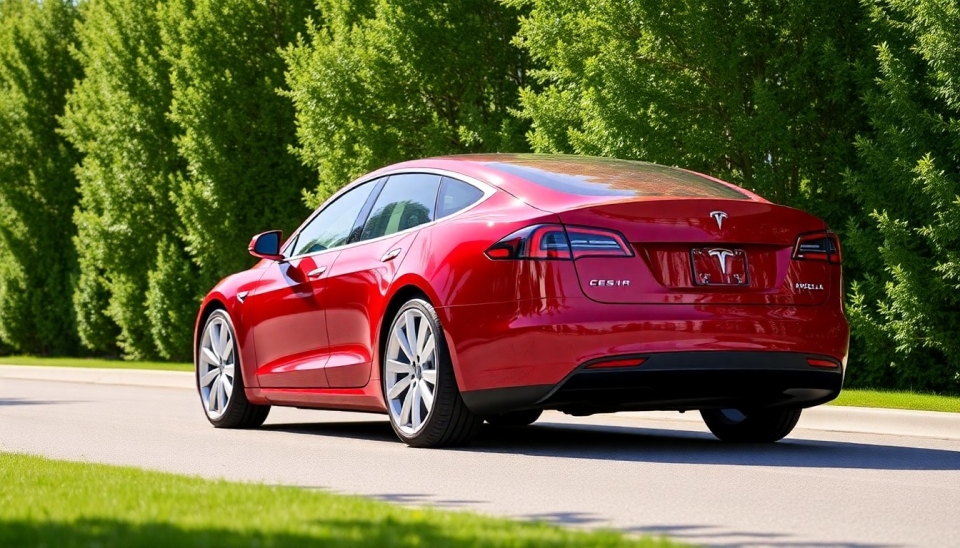
As the 2024 presidential election approaches, the race is heating up not just on the campaign trail but also in the tech landscape, with prominent figures like Elon Musk and Donald Trump vying for digital influence. Recent developments highlight the potential for AI, especially as it pertains to Musk's ventures, to reshape the technological narrative in the election, possibly complicating Trump's aims.
Elon Musk has been at the forefront of AI discussions, advocating for both the remarkable potential of artificial intelligence and warning against its uncontrolled evolution. His organization, X AI, aims to harness AI responsibly but faces challenges as public sentiment shifts rapidly towards skepticism. Musk's dual stance as an innovator and a cautionary figure is under scrutiny as political dynamics come into play.
Donald Trump, while not traditionally seen as a technology candidate, has been keen to position himself as a supporter of innovation. He aims to leverage technology to reinforce his political agenda—especially in wining over a tech-savvy electorate. Yet, the uncertainty that Musk's AI narrative creates may serve to undermine Trump’s tech aspirations, especially if public fears about AI escalate leading up to the election.
The intersection of technology and politics has never been more pronounced. As Musk stirs the pot with his provocative claims about AI's dual nature—its ability to bring about unprecedented advancements coupled with its threats to societal norms—Trump finds himself navigating a tricky landscape. If Musk’s warnings resonate with voters, they could divert attention from Trump's narrative, thus presenting a dilemma for the former president as he seeks to garner support within the tech community.
A critical factor in this complex relationship is how Musk’s businesses, particularly Tesla and its advancements in AI-related technologies, could influence voter opinions. If Musk’s efforts begin to backfire—facing regulatory challenges or growing public resistance—it could inadvertently cast a shadow on Trump’s tech-forward proposals, leaving the latter without a solid footing in a landscape that is shifting beneath his feet.
Moreover, as the tech debate intensifies, candidates will have to delineate their positions on AI, considering its implications for job creation, economy, and privacy. Musk’s extreme narratives about AI might catalyze greater regulatory discourse and provoke resistant voter sentiments, which could further complicate Trump’s objectives. The outcome may lead to a broader conversation encompassing how AI can be harnessed for societal good while also protecting citizens from its unintended consequences.
In summary, as technology weaves deeper into the fabric of political discourse, the narratives set by figures like Musk hold immense power. With election day looming, how these tech titans interact with electoral politics could very well decide the trajectory of the upcoming race.
As we look forward to the election, it’s essential to monitor how these tech narratives evolve and the potential ramifications they could have on voter behavior and political strategies. The intertwining destinies of Musk and Trump highlight the increasingly influential role technology plays in shaping political landscapes.
#ElonMusk #DonaldTrump #Election2024 #AI #Technology #Politics #Innovation #XAI
Author: Liam Carter




